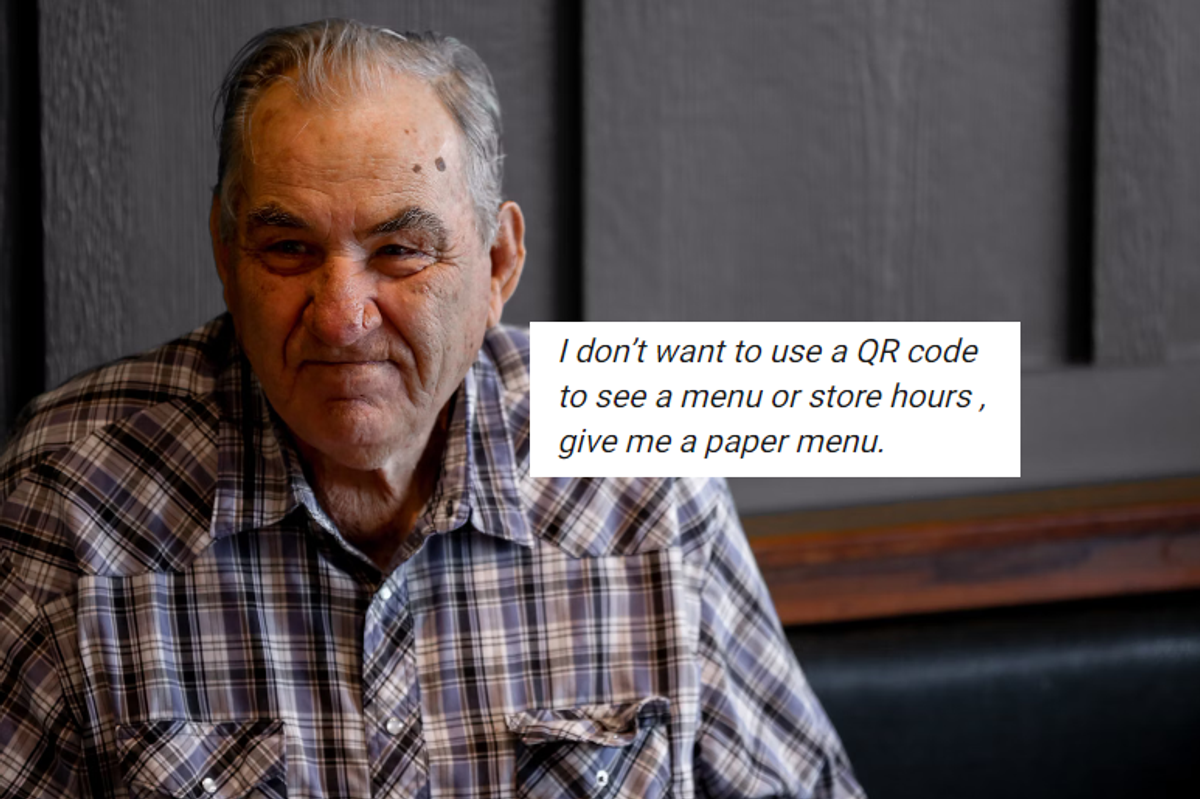Some Exciting Things Could Happen By 2050. Here Are 5 Creepy Ones.
It's exciting to think of all the cool things we might see and experience by the year 2050.
Our digital and physical worlds could be virtually seamless.
Maybe we'll start making cross-country trips a lot easier.
Maybe we'll cure cancer.
Maybe we'll celebrate the discovery of life on other planets.
Or maybe, just maybe ... flying cars!
Flying cars with time travel?
Nah, probably not. But I'll remain boyishly hopeful.
With any luck, I'll still be around in 2050. And it'd be pretty neat to see what we've created and achieved — in the service of life, especially.
But here are five scary things that scientists and economists believe could happen by 2050.
We should avoid them at all costs so we can focus on all the cool stuff we want to happen.
1. Environmental exile
Environmental changes caused by global warming could force millions of people around the world from their homes. A 2014 study noted that even the slightest rise in global temperature (around 3º C) could displace upwards of 600 million people.
2. Flooding in coastal cities
Rising sea levels threaten the livability of coastal cities everywhere. Even the mighty New York City isn't safe. The chances of storm tides surging over the Manhattan sea wall have gone up by 20%. It used to happen every few hundred years. Now it could happen every four to five.
3. Widespread food shortages
Higher temperatures, drought, and erratic weather events are slowing crop yields. A World Food Programme report says that food shortages by 2050 could lead to the malnourishment of an additional 20 million kids.
4. Disease ... everywhere
The combination of rising heat and moisture plus growing international travel could lead to the global spread of disease by insects. The dengue fever is a good example: The World Health Organization writes that it is "the world's fastest growing vector-borne disease ... with a 30-fold increase in disease incidence over the last 50 years."
5. Cyber and nuclear warfare
One of the downsides of a high-tech world is the rise of cyber warfare, which, by nature, is a much more even battleground, especially for smaller and weaker countries. This shifting balance of power could freak out governments and increase the possibility of nuclear attacks by 2050.
The future is what we make it. So what's it gonna be: a destructive procession or a parade of awesomeness?
Watch the video below:






 A woman is getting angry at her coworker.via
A woman is getting angry at her coworker.via  A man with tape over his mouth.via
A man with tape over his mouth.via  A husband is angry with his wife. via
A husband is angry with his wife. via 
 Some Boomer grandparents are being called out for "gramnesia".
Some Boomer grandparents are being called out for "gramnesia".

 A woman gets a tattoo.
A woman gets a tattoo. Boy playing on the computer.
Boy playing on the computer.
 Grumpy boomers aren't wrong about everything. Photo by
Grumpy boomers aren't wrong about everything. Photo by  Even the young people can't stand QR codes. Photo by
Even the young people can't stand QR codes. Photo by  Everything, even fast food, has gotten out of control expensive. Photo by
Everything, even fast food, has gotten out of control expensive. Photo by